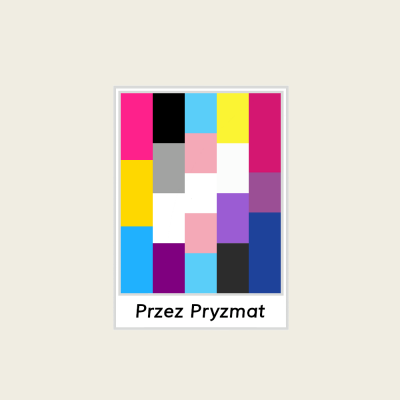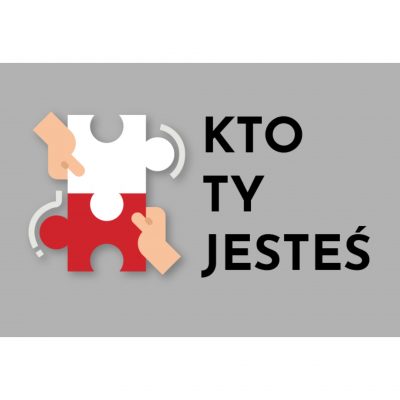Article
As warned by the World Health Organization, the COVID-19 pandemic is being used to spread false and misleading narratives aiming to discredit official measures taken by governments, change the public perception about the coronavirus and in turn discourage people from following precautions and getting vaccinated. When the pandemic has just started, the chaos caused by the uncertainty and lack of reliable information caused a snowplough of disinformation regarding the coronavirus itself — how contagious it is, where did the virus originate, are the protective measures effective, etc. This year (2021), with numerous vaccines being developed, the anti-vaccine conspiracies are spreading at an even faster pace. As with the rest of the world, Poland was touched by the infodemic and the impact of misleading and false information is alarmingly apparent when looking at public surveys.
Those burning problems have inspired the Action Project of Magdalena Wilczyńska, a law graduate, legal expert in the Polish Ombudsman Office and Humanity in Action Fellow who took part in the 2020 John Lewis Fellowship. As she explains, “The pandemic has been used to spread disinformation and to undermine scientific achievements, which has a huge impact on the right to information and public health. That is why the aim of my action project is, firstly, to diagnose the most important trends of mis/disinformation on the coronavirus and vaccinations and to present them in an accessible way. The final goal is a bottom-up counteraction – media literacy campaign for high school pupils and students (recognizing mis/disinformation, analysing sources, and practical exercises based on Bad News Game)”
The idea for this Action Project as Magdalena stresses, “started during the Humanity in Action John Lewis Fellowship. I worked as a disinformation analyst before but due to the Fellowship I understood that broader recognition of disinformation and media literacy is needed, especially between young people”.
That is why as her main target group she chose school pupils and students. Starting from November she will organize one meeting per month in order to use the Bad News Game format to help young people to identify and debunk fake news and disinformation.
More information: here




